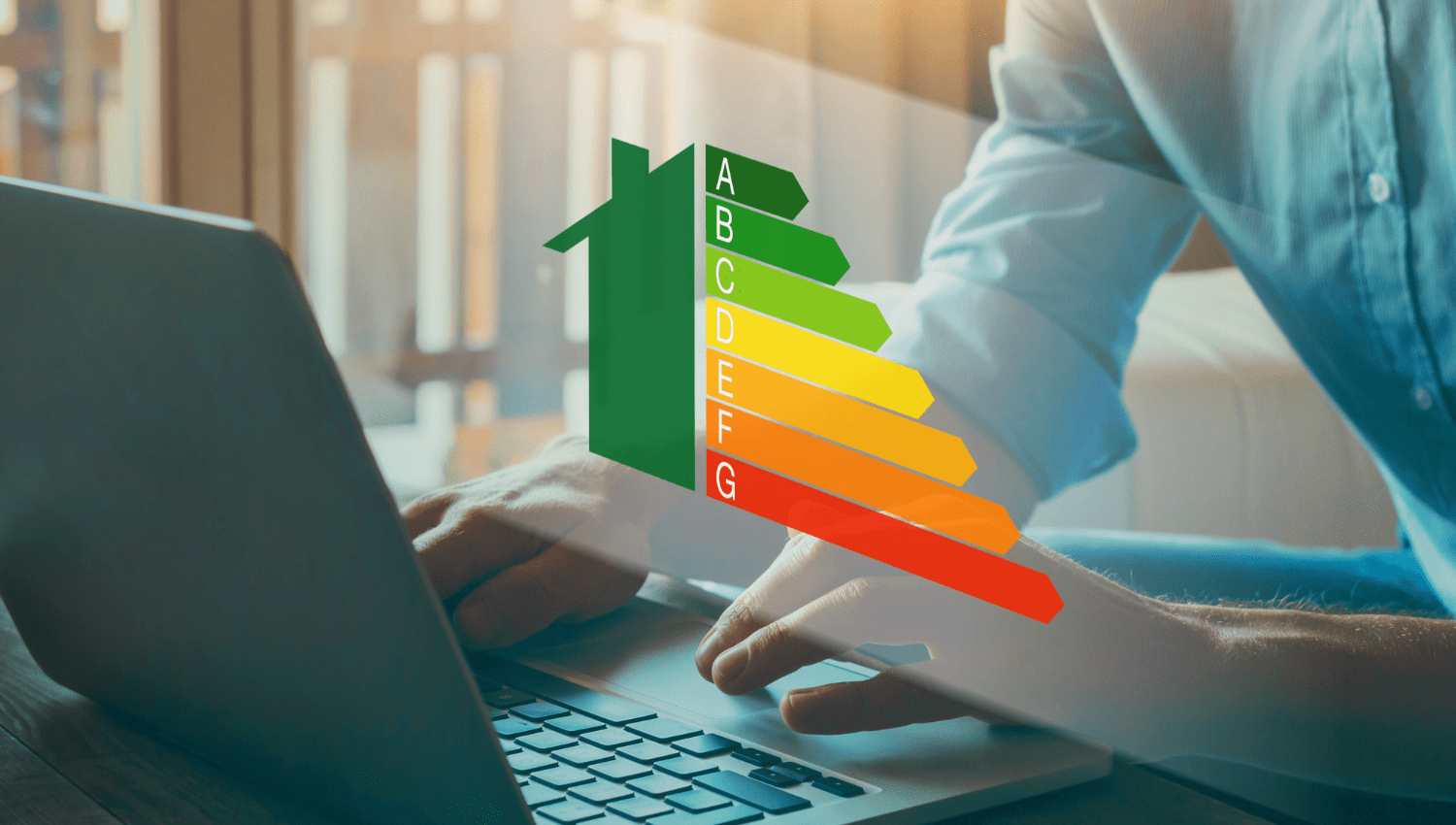
Understanding the Energy Passport for Residential Buildings
The Energy Passport classifies residential buildings according to their energy performance, and is essential when selling, renting, converting, extending or building a property. In Luxembourg, it is valid for 10 years.
What is the Energy Passport?
The energy performance certificate provides detailed information on a building’s calculated energy requirements and CO2 emissions. There are three main classifications included in the EPC:
- Energy performance class (A+ to I): based on the building’s primary energy requirement.
- Thermal insulation class: based on the building’s heating requirements.
- Environmental performance class: based on the building’s CO2 emissions.
The Energy Passport Certificate (EPC) is mandatory in the following cases:
- For the construction of a residential building requiring planning permission.
- When extending a residential building.
- Each time the owner or tenant of an existing residential building changes, unless the building already has a valid energy performance certificate.
Exception: The EPC is not required if the sale is for demolition purposes, or in the event of a public sale by auction, seizure of property or public auction.
The Energy Classifications:
- A+ (excellent performance): A+-rated buildings are the most energy-efficient. They consume very little energy for heating and cooling, and their CO2 emissions are minimal.
- I (very poor performance): At the other extreme, I-rated buildings require a lot of energy to operate and have a high carbon footprint.
Why is the EPC important?
Establishing an energy performance certificate is not only compulsory, it is also a valuable tool for :
- Buyers and tenants: They can assess a building’s energy efficiency and estimate future energy costs. EPCs have gained in importance in recent years, particularly with banks when applying for a loan.
- Owners and investors: EPCs can influence the resale or rental value of a property. The STATEC has found that “a house in class A-B-C sells for 9.9% more on average than a house in class D-E-F. The average transaction price of a low-efficiency house is even 38.3% higher.
How to obtain an Energy Passport Certificate?
To obtain an energy passport, you need to call in an expert. We can put you in touch with a professional.



